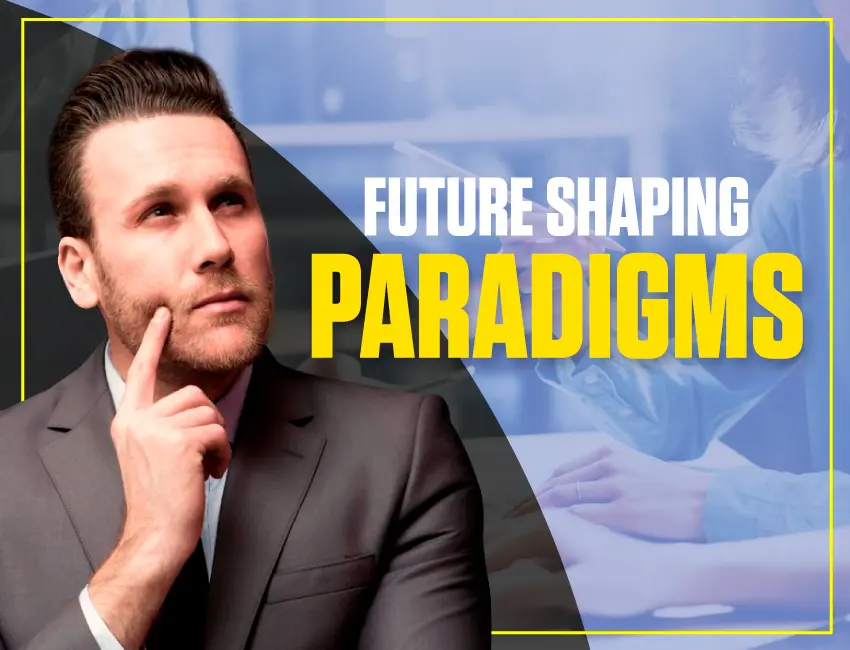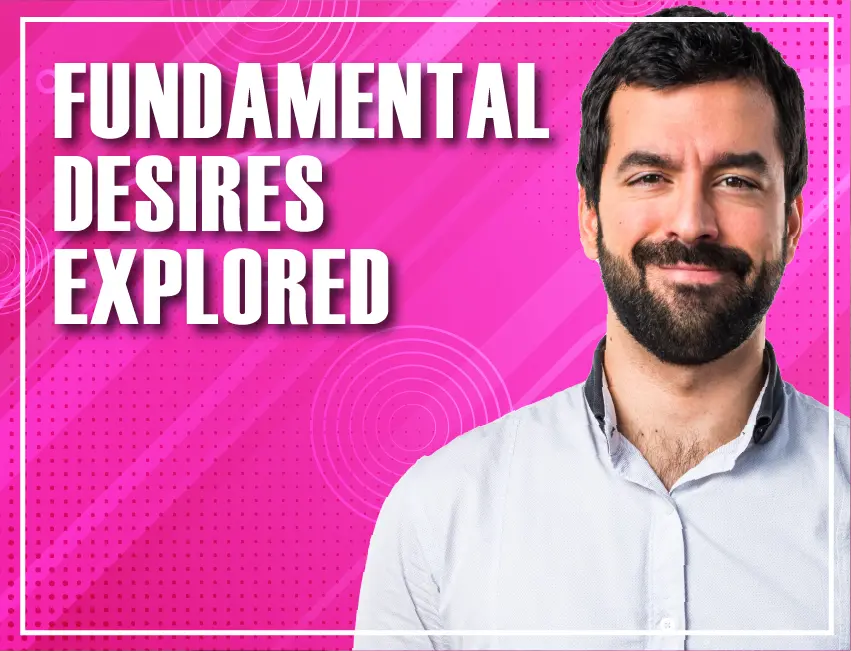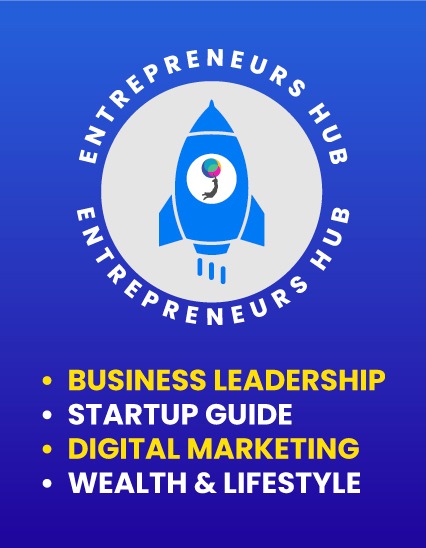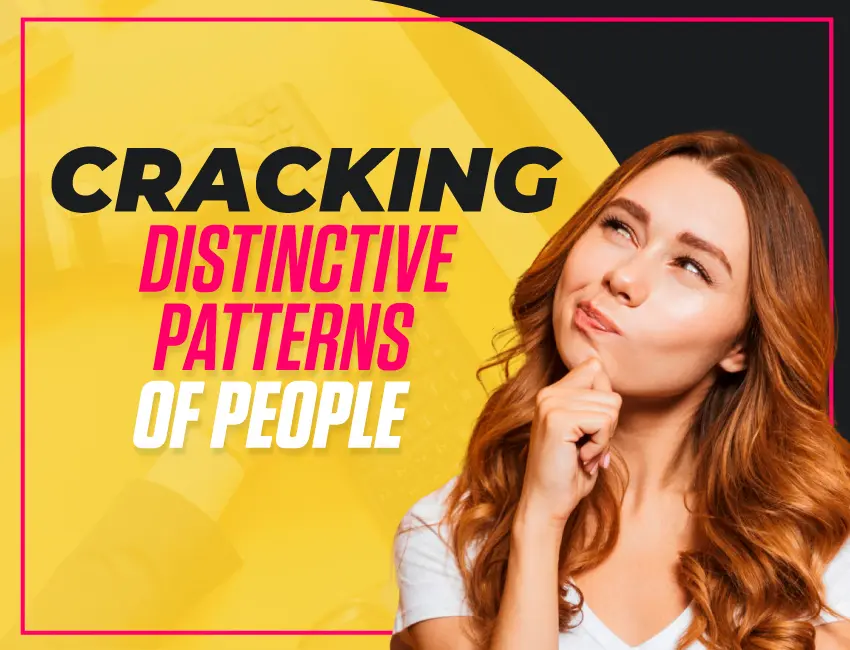Breaking the Illusion of Superiority: Debunking the Fallacy of Degrees and Dismissing Others

In today’s society, a prevalent belief persists that possessing a diploma or degree automatically confers intellectual superiority upon individuals in comparison to their peers. Recently, during a hiring process for a business development role, I had an experience that deeply resonated with me. The recruitment process led me to two candidates, whom I decided to interview together and engage in a conversation presenting multiple scenarios to gauge their ability to think on the spot.
During the discussion, one of the candidates provided a refreshingly positive and out-of-the-box analysis, showcasing their unique perspective and creative problem-solving skills. However, the other candidate simply dismissed their opinion, citing their degree as evidence that they knew what they were talking about. This interaction became increasingly awkward as I realized two things: firstly, the analysis offered by the dismissive candidate was overly simplistic, and secondly, they were suffering from a remarkable superiority complex.
Reflecting on this particular moment, I felt compelled to write this article. Its purpose is to dismantle the fallacious notion that a diploma alone signifies intellectual superiority. Through presenting compelling arguments, citing relevant studies and experts, and exploring the underlying psychology behind this mindset, we aim to challenge this belief. Furthermore, by delving into the detrimental effects of disqualifying others’ analyses and contributions, we hope to highlight the importance of recognizing the inherent limitations of educational achievements.
This article goes beyond encouraging introspection; it also provides valuable information that can assist hiring departments and corporations in broadening their perspectives during the hiring process. By examining the mindset of individuals who unknowingly sabotage their own inner circle, community, and relationships, we aim to shed light on the urgent need for personal growth and change.
Now, let us embark on a journey into the complexities of this mindset and discover how we can liberate ourselves from the chains of false superiority, paving the way for meaningful connections, success, and personal fulfillment.
The Fallacy of Degrees
Intelligence vs. Education: While obtaining a diploma demonstrates the successful completion of a prescribed course of study, it does not guarantee superior intelligence. Intelligence encompasses a broad range of cognitive abilities that extend beyond formal education, including critical thinking, problem-solving, and creativity.
Howard Gardner, a renowned developmental psychologist, proposed the theory of multiple intelligences, which highlights the existence of various types of intelligence beyond academic abilities. (Gardner, 1983)
Knowledge vs. Wisdom: Education imparts knowledge and specialized expertise within a particular field. However, wisdom is derived from a combination of experience, emotional intelligence, and the ability to apply knowledge effectively. Wisdom often transcends formal education and can be found in individuals with diverse backgrounds and life experiences.
Baltes and Smith conducted extensive research on wisdom, emphasizing its multidimensional nature and its development through life experiences. (Baltes & Smith, 1990)
Evolving Knowledge: The world is constantly evolving, and new information emerges at a rapid pace. Holding a diploma does not guarantee an individual possesses the most up-to-date knowledge or the ability to adapt to new paradigms. In fact, individuals who remain open-minded and continuously seek to expand their understanding may possess a more accurate and comprehensive perspective.
The concept of “intellectual humility” is relevant here. Elizabeth Krumrei-Mancuso, a psychologist at Pepperdine University, explores how intellectual humility encourages individuals to recognize the limitations of their knowledge and remain open to new information. (Krumrei-Mancuso, 2017)
Degrees and Financial Success: While formal education can provide individuals with knowledge and skills in specific fields, it is important to recognize that many successful billionaires, millionaires, and financially prosperous individuals have achieved their success without relying solely on degrees. Examples such as Bill Gates, Mark Zuckerberg, Richard Branson and thousands of many millionaires and successful entrepreneur in America and around the world demonstrate that entrepreneurial success can be attained through innovative thinking, adaptability, and a keen sense of the market, rather than through traditional academic qualifications.
Malcolm Gladwell: Known for his book “Outliers: The Story of Success,” Gladwell explores the factors that contribute to exceptional success, including the role of education and unconventional paths to achievement.
Thomas Stanley and William Danko: In their book “The Millionaire Next Door,” Stanley and Danko studied the behaviors and characteristics of millionaires in America, finding that many self-made millionaires did not have advanced degrees and instead focused on factors such as frugality, entrepreneurship, and disciplined saving and investing.
Robert Kiyosaki: Author of “Rich Dad Poor Dad,” Kiyosaki challenges traditional beliefs about wealth and education, emphasizing financial literacy, mindset, and entrepreneurship as crucial factors in achieving financial success.
Dismissing Others: The Detrimental Mindset
Ignoring Diverse Perspectives: Disqualifying others’ analyses or contributions based solely on their lack of formal education limits the potential for innovative solutions. Diverse perspectives foster creativity, challenge biases, and lead to more robust decision-making processes.
Scott Page, a professor of complex systems at the University of Michigan, emphasizes the importance of diversity in decision-making and problem-solving processes in his book “The Difference.” He argues that diverse perspectives lead to better outcomes. (Page, 2008)
Emotional Intelligence and Empathy: Emotional intelligence, including empathy, is a crucial aspect of effective leadership and collaboration. Dismissing others’ opinions without considering their emotional intelligence and unique insights stifles the growth of individuals and organizations.
Daniel Goleman, a psychologist and science journalist, is widely known for his work on emotional intelligence. In his book “Emotional Intelligence: Why It Can Matter More Than IQ,” Goleman explores the importance of emotional intelligence in leadership, collaboration, and relationships. He emphasizes the role of empathy in understanding others and building strong connections. (Goleman, 1995)
Psychological Impact: Dismissing others’ contributions can lead to demotivation, disengagement, and a lack of trust within teams and organizations. It creates an environment that discourages creativity, initiative, and open dialogue, hindering overall success.
Amy Edmondson, a professor at Harvard Business School, explores the concept of psychological safety in teams and organizations. Her research demonstrates that creating an environment that encourages psychological safety leads to increased collaboration, innovation, and overall success. (Edmondson, 1999)
Exploring the Psychology
Inflated Ego and Insecurity: Individuals who cling to their educational achievements may do so to compensate for underlying insecurities or a need for validation. These individuals develop a strong identification with their accomplishments, leading to an inflated ego and a need to assert their superiority over others. This can be fueled by external validation and societal expectations. Disqualifying others’ contributions helps maintain a false sense of superiority and masks their fear of being perceived as inadequate.
The psychologist Albert Bandura introduced the concept of self-efficacy, which relates to an individual’s belief in their capabilities. Inflated ego and the need for validation can be tied to issues of self-efficacy. (Bandura, 1977)
Fear of Inadequacy: People may use their wealth, education, or expertise as a shield to mask their insecurities and fear of being perceived as ordinary or average. Disqualifying others’ opinions helps them maintain a sense of control and self-worth.
Cognitive Biases & Dissonance: When confronted with opposing viewpoints or feedback, individuals with a superiority complex often experience cognitive dissonance, rejecting information that challenges their preconceived notions to maintain a sense of consistency and superiority.
Daniel Kahneman, a Nobel laureate and psychologist, extensively researched cognitive biases, including confirmation bias and cognitive dissonance, in his book “Thinking, Fast and Slow.” (Kahneman, 2011)
The Power of Plain Intelligence: Plain intelligence, which encompasses innate cognitive abilities and critical thinking skills, should not be overshadowed by formal education. Studies have shown that individuals with high intelligence but without formal degrees can exhibit exceptional analytical skills and accuracy in their interpretations.
Intelligence researcher and psychologist Linda Gottfredson has extensively studied general intelligence (often referred to as “plain intelligence”) and its impact on various cognitive tasks. (Gottfredson, 1997)
Negative Impact on Relationships and Success
Hindrance to Collaboration: The dismissive behavior of individuals with a superiority complex stifles teamwork, innovation, and open dialogue. Others may feel demotivated, undervalued, and discouraged from contributing their ideas and perspectives.
Limited Growth and Learning: The belief in one’s infallibility inhibits personal and professional development. Failure to acknowledge and learn from mistakes hinders growth and prevents individuals from reaching their full potential.
Damaging Relationships: People who consistently invalidate others’ opinions and contributions strain interpersonal relationships, both personally and professionally. This can lead to isolation, missed opportunities, and a lack of support in times of need.
Recognizing and Modifying the Attitude
Self-Reflection: Engage in introspection to identify any tendencies towards superiority complex within yourself. Recognize the negative impact it has on your relationships, personal growth, and overall success.
Cultivate Empathy: Practice empathy to understand the perspectives and experiences of others. Appreciate the value of diverse opinions and the potential for mutual growth and learning.
Embrace Humility: Let go of the need to constantly assert superiority and instead cultivate humility. Acknowledge that knowledge and accomplishments are not the sole determinants of a person’s worth.
Openness to Feedback: Welcome feedback and constructive criticism from others. Embrace the opportunity to learn, grow, and expand your understanding of different subjects.
Conclusion:
Based on this analysis, it is essential to challenge the fallacious notion that a diploma automatically equates to superior intelligence or the right to dismiss others’ contributions.
Intelligence, wisdom, and the ability to analyze accurately are not confined to formal education but can be found in individuals from diverse backgrounds. By embracing a humble attitude and open-minded approach, organizations, and individuals can harness the power of collective intelligence, foster innovation, and ultimately achieve greater success. Remember, true growth and intelligence come from a continuous pursuit of knowledge, empathy, and the willingness to listen diverse perspectives.
If you liked this article I invite you to please follow me on Linkedin where I will continue sharing valuable content for professionals and entrepreneurs.
If you need to redesign or build a brand new website, ecommerce for your brand and organization I invite you to schedule a meeting with me and my team. We’ll guide you to succeed online. Select the best time and date here.



















